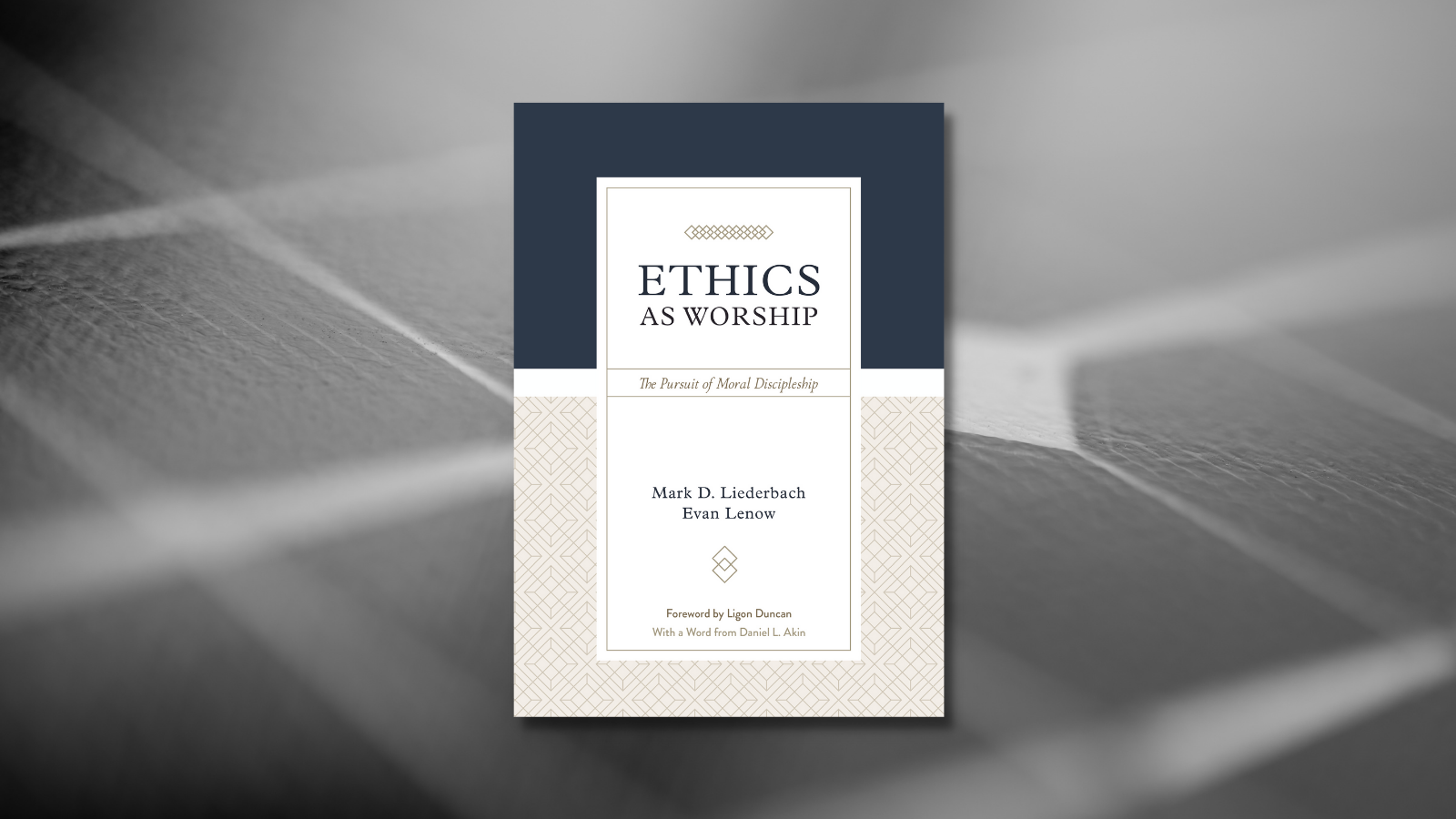Many of us live in a society in which sexual orientation and gender identity, climate change and care for the environment, capital punishment and criminal justice reform, racism and poverty, abortion, euthanasia, and physician-assisted suicide are hotly debated and polarizing issues. Who would have thought they were all about worship? Allow me to explain.
Christians believe that two aspects of worship are very important for the believing life: congregational worship and worship in all of life. In congregational worship (which is sometimes called corporate worship or public worship), God’s people gather on the Lord’s Day to meet with God and give him the glory due his name according to his Word, as his Word is read, preached, prayed, and sung, and as baptism and the Lord’s Supper (his “visible words,” Augustine called them) are administered. This aspect of worship (public worship) actually disciples Christians in how they are supposed to live the rest of their lives (worship in all of life).
Worship in all of life is what Paul is especially talking about in Romans 12:1–2: “Present your bodies as a living sacrifice, holy and acceptable to God, which is your spiritual worship. Do not be conformed to this world, but be transformed by the renewal of your mind, that by testing you may discern what is the will of God, what is good and acceptable and perfect.” This passage begins an extended treatment of ethical issues in Romans 12–15. There, Paul is especially exhorting us about our whole manner of life, what we do in the totality of our thoughts, desires, speech, and actions. In other words, he is calling us to live our whole lives as worship to God. He wants believers to approach their lives by viewing themselves as living, breathing, walking, talking offerings to God (hence “living sacrifices”). To say it yet another way, Paul wants us to give our whole selves, the whole of our lives, to God as an act of worship. This means that how we live is worship. It shows our ultimate allegiance and our highest priority. It reveals our deepest convictions.
This is why Elizabeth Payson Prentiss, in her novel disguised as a journal, Stepping Heavenward, has Ernest say to Katy, “Every act of obedience is an act of worship.” What we believe, desire, say, and do are all expressions of worship. Hence, ethics is worship—the very thing that the writers of this book, Ethics as Worship, are considering. Personally, I believe that this aspect of the work, in and of itself, is worth the price of admission. They ask us to consider all our conduct, private and public, internal and external, individual and corporate, as worship.
And so whether we are considering justice and social engagement, race, ethnicity, and kingdom diversity, wealth and poverty, creation care and environmental stewardship, capital punishment, war, abortion, euthanasia, physician-assisted suicide, and end-of-life decision-making, sexuality, marriage, divorce, and remarriage, contraception, birth control, and reproductive technologies, and the like, it’s all about worship. Whom we worship, from the heart, according to his instruction, in all of life, will show itself in our ethics. In fact, Liederbach and Lenow define Christian ethics as “a Christ-centered response of thanksgiving, rightly ordered by Scripture to be a service unto God in obedient love that is formed and embodied in a discipleship that is oriented missionally, such that all creation might once again do what it was created to do: maximally render unto God all the praise, honor, and glory that he is due.”
The very first course I taught as a newly minted systematic theology professor at Reformed Theological Seminary was Pastoral and Social Ethics. I wish I had had this volume to help me put that course together. Numerous features in this book stand out to me. For one, the tables sprinkled throughout the book are especially useful, for students and teachers alike, and I can see this volume as providing great assistance to both.
Their discussion of worldview (an idea that has undergone a serious cross-examination in the last few years) in relation to ethics is very helpful. Their inclusion of topics sometimes overlooked in evangelical ethical discussion (racism, societal justice, culturally embedded sin patterns, etc.), and their clear, calm, careful treatment of them, would make many of our current arguments better. I love their embrace and deployment of the threefold aspect of the law, and of the so-called third use of the law, as well as their gracious and compelling articulation of complementarianism, biblical sexuality, and more.
Liederbach and Lenow also engage knowledgeably and widely with the historic Christian tradition’s teaching on ethics and with the Protestant confessional legacy, thus grounding their consideration of Scripture in the wisdom of the church’s reading of the Scriptures. At some points, I would go in a little different direction from the one that they chart out. For instance, concerning marriage, divorce, and remarriage, my views are those of Westminster Confession of Faith chapter 24, helpfully elaborated by the PCA Study Committee Report on Divorce and Remarriage (1992)—but this does not take away at all from the help and clarity that I get from their treatment of even that topic.
This is a volume that I will use myself and commend to others for use in seminaries, universities, schools, and churches. Pastors, in particular, looking to disciple Christians in order that they would obey all that Jesus has commanded (Matt. 28:20) will be edified and equipped by this volume.
May your careful reading of this book help you to become a more grateful and faithful hearer and doer of God’s Word (Matt. 7:24), and so to worship God.
— Ligon Duncan, Chancellor and CEO, Reformed Theological Seminary
Ethics as Worship: The Pursuit of Moral Discipleship by Mark D. Liederbach & Evan Lenow
Available from:
| Amazon ($49.99) Christianbook ($38.99) P&R Publishing ($37.50) |
PCA Bookstore ($38.99) Reformation Heritage Books ($27.00) WTS Books ($34.99) |


Comments